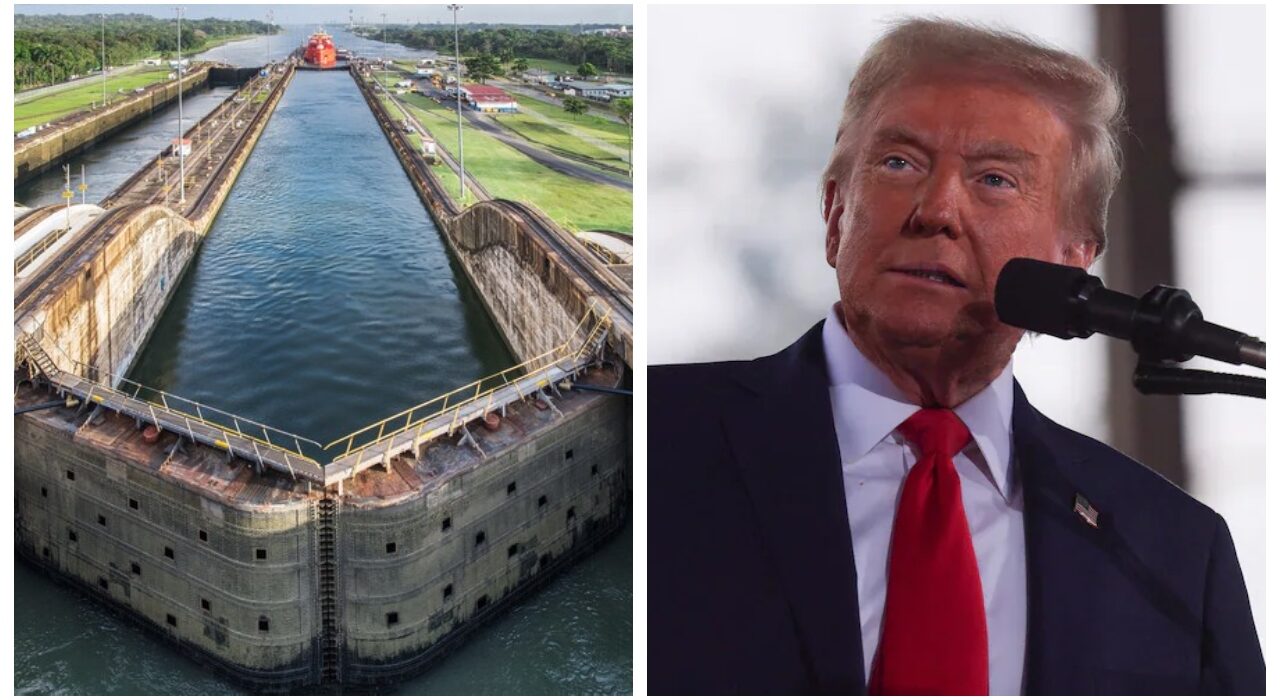With Donald Trump assuming office as the 47th Prime Minister of the United States, his inaugural address has rekindled international discussions of US-China interactions. Trump’s suggested remarks about the Panama Canal, including claims of Chinese control of this important waterway, have elicited scrutiny and, consequently, produced the fear of legitimizing Beijing’s expansionist policies.
Trump accused Panama of violating the 1977 Torrijos-Carter Treaties that ceded U.S. control of the canal, labeling them “follies” that weakened American influence. He additionally alleged that Chinese corporations have excessive control over the canal, which governs 70% of the U.S.-bound trade. The Panamanian government has characterized these assertions as false and clarified the fact that China is not in charge of the canal, but has jurisdiction over its ports through private operators.
Experts caution that by doing so, Trump’s rhetoric may jeopardize decades of U.S. policy toward advising China to behave responsibly in territorial disputes.
U. S. Credibility at Stake After Trump’s Panama Canal Remarks
Analysts have raised concerns that Trump’s threats of seizing Panama, Greenland, and other lands are reminiscent of those taken by leaders (e.g., Russia’s Vladimir Putin), who successfully used military force to annex Crimea. New York-based reporter Geraldo Rivera seemed to ask whether the same brinksmanship actions set the U.S. apart from China or Russia as territorial claimants.
Chinese commentators have seized on Trump’s remarks, with some suggesting they could use them as a precedent to assert control over Taiwan. “If the U.S. annexes Panama or Greenland, then China must take Taiwan, stated Wang Jiangyu, a Chinese scholar.
The Panama Canal, built by the US from 1904 to 1914, continues to be an important trade route. Though officially transferred to Panama in 1999, Trump claims the treaties have been violated, citing alleged Chinese interference. In the meantime, Beijing’s increasing regional footprint through physical infrastructure development and trade activity, such as the Belt and Road Initiative, introduces further layers to the discussion.
A Risky Gamble
Although Trump’s claims address China’s regional ambitions, they may paradoxically strengthen Beijing’s territorial claims. While international observers are weighing in, his tactic runs the risk of softening the boundary between defending sovereignty and expansionism.
Also, see: List of Donald Trump’s Day 1 Orders as 47th U.S. President
